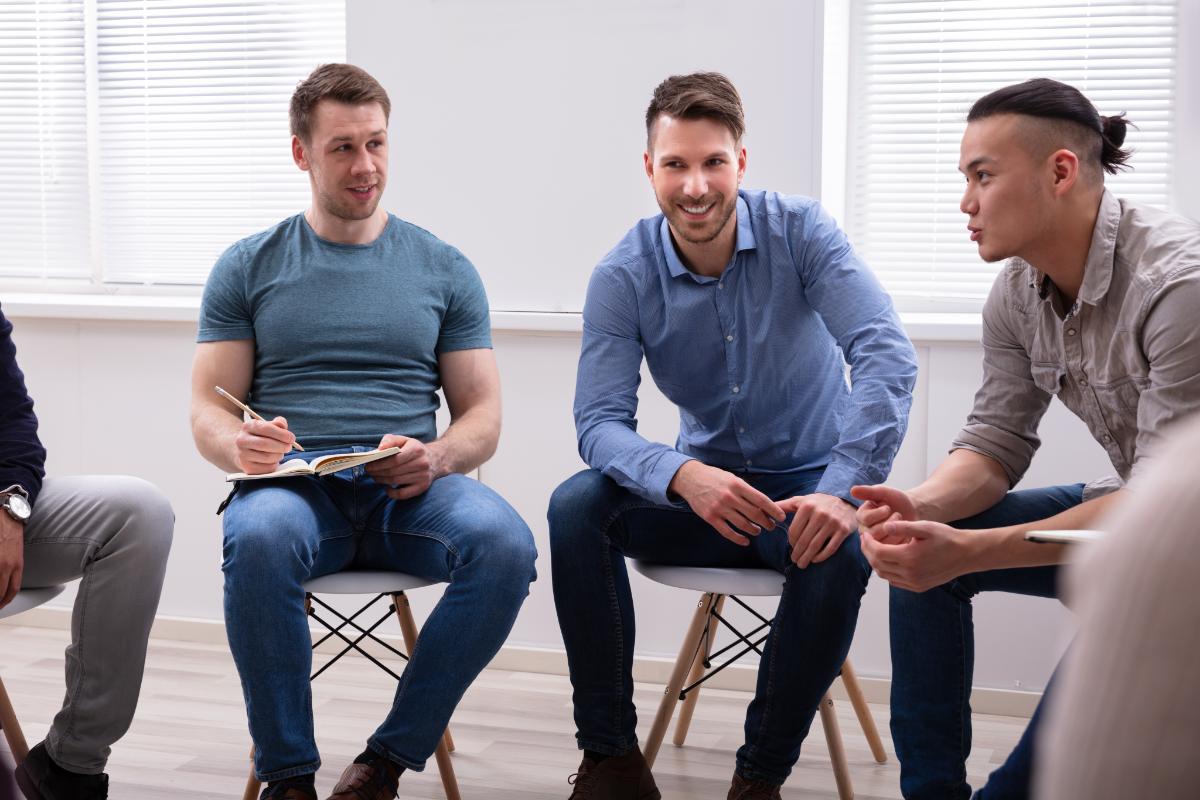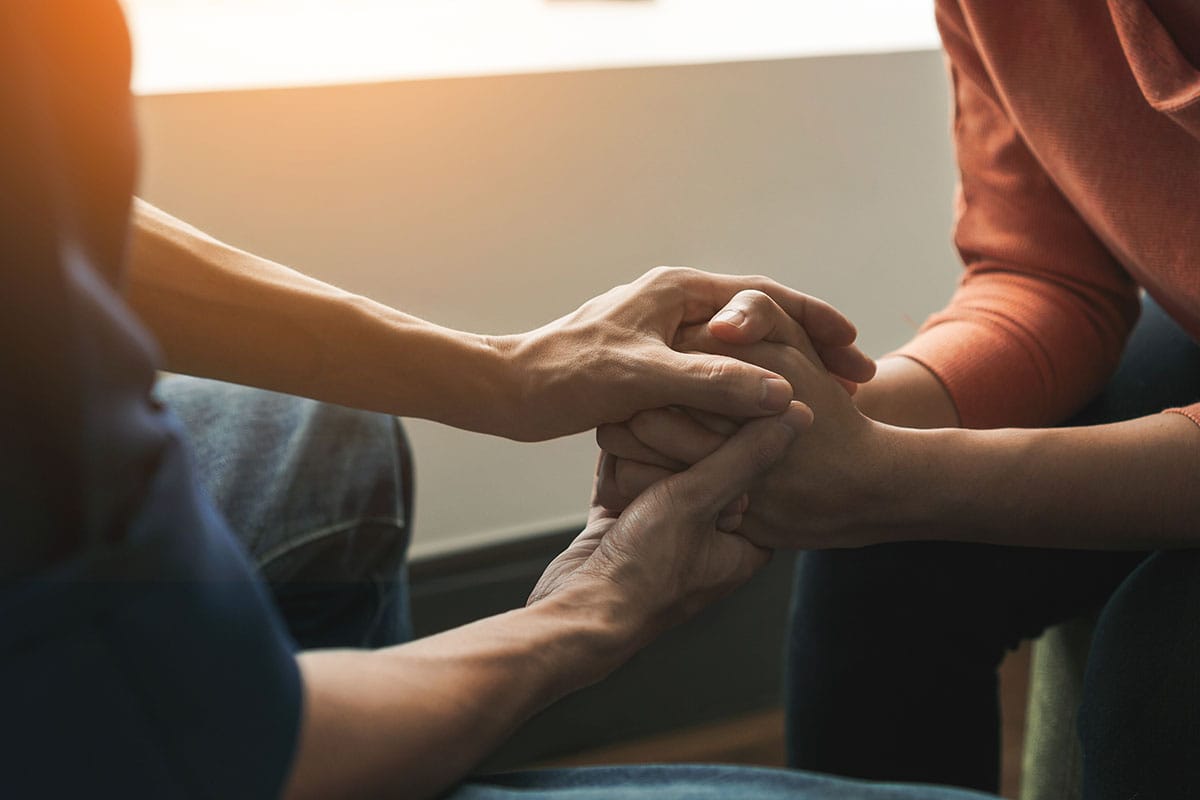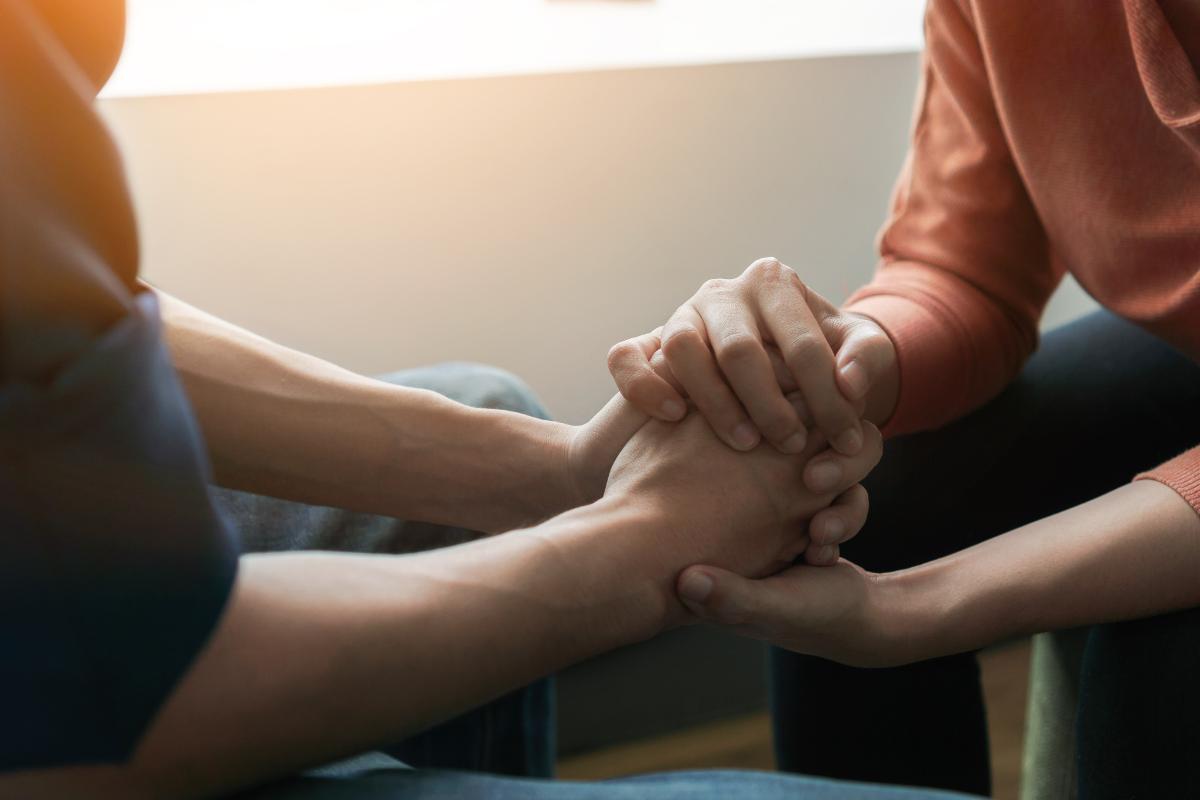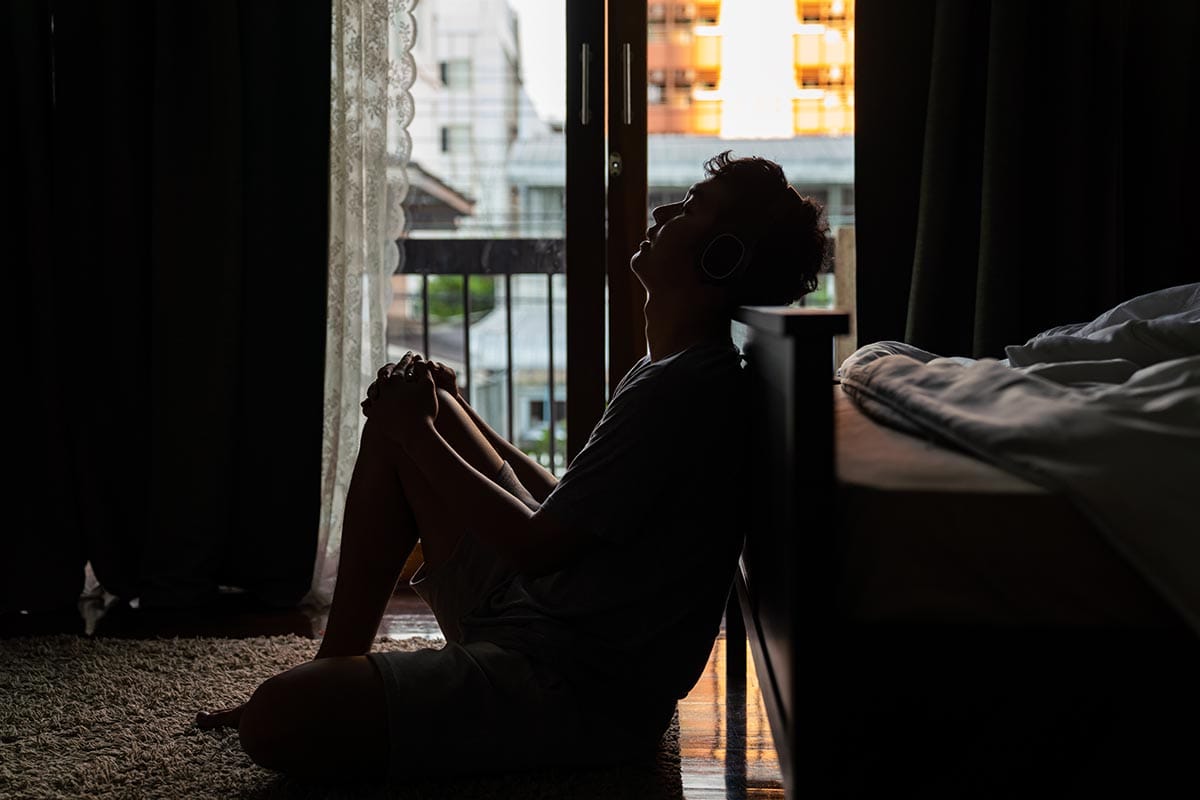Finding the right men’s rehab program in Thornton, CO is vital for men who are looking for a healthy and sober future. Addiction cases are on the rise all across the country, and men make up a large percentage of those who need help. A men’s rehab program gives men a discreet and judgment-free space to talk about the issues that led to their addiction and gives them coping skills to maintain their sobriety. And Aetna coverage for men’s rehab can ensure that those in recovery can find the help they need without concerns about the cost.
At Colorado Medication Assisted Recovery, we support men struggling with addiction or other mental health concerns through our men’s rehab program. Men will find a better recovery experience with the support of experienced professionals who understand the unique struggles men can face. Call 833.448.0127 today or fill out our online form to reach one of our knowledgeable staff for more information about our men’s addiction rehab.
How Can a Men’s Rehab Program Help?
The complicated relationships between men and women can affect every aspect of their lives, including addiction recovery. Research has proven that gender-specific therapy is more effective than coed therapy. A men’s rehab program allows for open and honest communication as men are more likely to be on guard when women are present, especially in a vulnerable environment such as addiction recovery.
Some men can struggle to open up in a mixed-gender group, which means therapy may not work and may turn them off from trying therapy in the future. There are many reasons men should consider a men’s rehab program beyond relationship issues with women. Other common issues men face that can lead to addiction include:
- Increasing pressure from work or school deadlines
- Social and peer pressure
- Depression
- PTSD
- Current affairs
At Colorado Medication Assisted Recovery, our men’s rehab program is essential in helping men reach their sober goals in a discreet environment. Depending on their health and severity of addiction, men can choose between in-person or telehealth outpatient programs to give them the treatment plan that is right for them.
Benefits of a Men’s Addiction Rehab Program
A men’s addiction rehab program can open their eyes to the dangers of addiction and how it can control their behaviors. It can help men who have attempted to quit alone in the past and give them a more effective recovery process with fewer risks of relapsing. Other benefits of a men’s addiction rehab program include:
- Behavioral therapies will give men a better understanding of their addiction and what led to it. They learn to talk about their feelings and emotions objectively and begin to confront them in a healthy manner. Participants will also develop healthy coping skills that will assist them in avoiding triggers and how to say no if they are offered drugs or alcohol.
- Improved communication and relationship skills as men learn how to communicate with others. They learn how to recognize unhealthy relationships and fix current ones.
- Men will practice their coping skills with peers under the supervision of their therapist during group therapy. They will note any concerning behavior and talk about it during private therapy.
- Focus on issues that affect men the most in a judgment-free environment that promotes open communication.
Colorado Medication Assisted Recovery Provides Aetna Men’s Rehab in Thornton, CO
At Colorado Medication Assisted Recovery, we help men turn their lives around through our Aetna men’s rehab in Thornton, CO. We will take the time to get to know your unique symptoms and develop an addiction treatment plan that will help you reach your recovery goals.
Aetna provides addiction and mental health coverage for the following programs:
- Drug and alcohol detox
- Inpatient treatment programs
- Residential treatment programs
- Partial hospitalization program
- Intensive outpatient program
- Continuing care programs
Call 833.448.0127 today to learn to see if our men’s rehab program is the right choice for your addiction recovery.


























